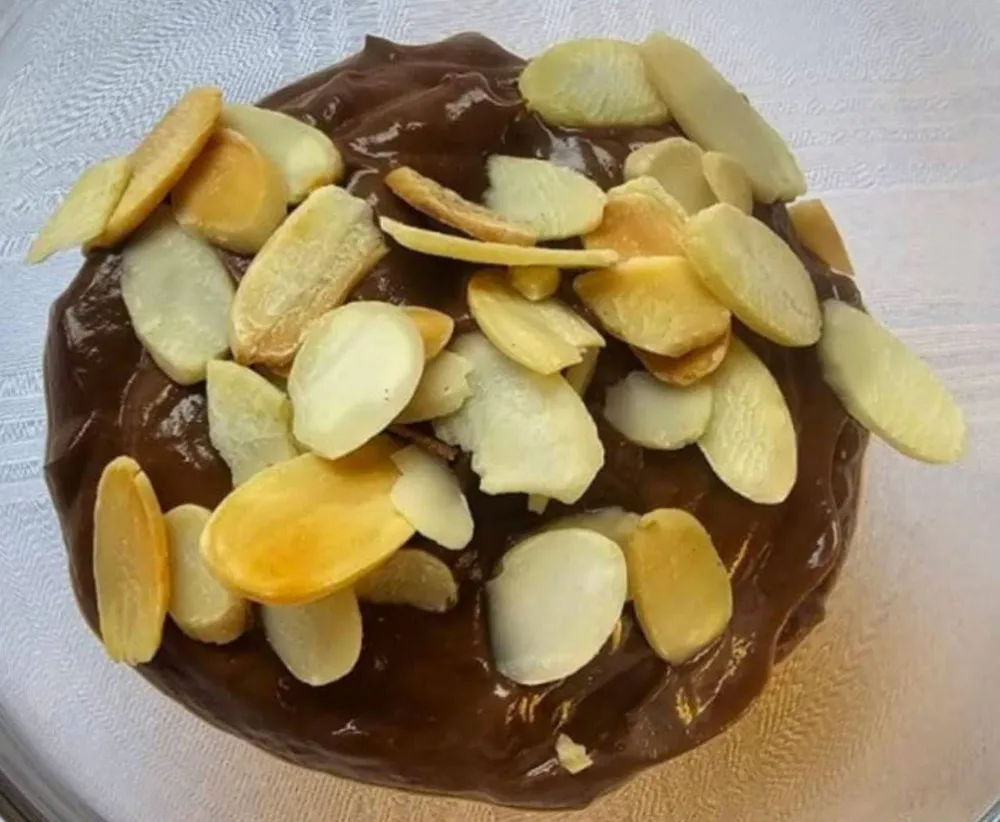Even though our average lifespan has increased significantly in modernity, by the time we’re 60, 1 in 5 of us will have a form of neurodegeneration. By the age of 90, almost half of us will have some form of dementia.
Globally, between 1990 and 2019, Alzheimer’s and other dementias (such as Parkinson’s and Lewy Body Dementia) have increased by 148% and 161% respectively.
Humans have been aware of the connection between gut health and overall wellbeing, for a very long time.
About 2400 years ago, Hippocrates, who is considered to be the father of modern medicine, believed that examining body excretions, including faeces, could provide great insight into a person’s overall health.
We now have fantastic equipment able to analyse stool samples in ways the ancient Greeks could never have dreamed possible, and this has allowed us to better understand so much more about this fascinating link.
A large part of our digestive health is down to our microbiota – a diverse and unique range of bacteria, fungi, viruses and even some protozoa. Just a couple of centuries ago, humans didn’t even know these existed. This is fascinating, because many of our ancient healing modalities incidentally and unknowingly helped us improve the diversity of these microbes.
Much of our modern medicine, including supplements, is actually harming our gut microbiota. Many of these were approved for therapeutic use because we simply didn’t understand the absolutely essential need to keep our microbes diverse, healthy, and happy.
The link between gut health and neurodegenerative disorders is being studied worldwide with urgency and we are starting to understand this aspect of this health better. Diseases like Alzheimer’s and Parkinson’s, and especially the speed of their progression, are closely linked to microbial health and diversity.
The Washington University School of Medicine has found that compounds such as short-chain fatty acids, produced by our gut microbes, influence immune cells. These immune cells can potentially damage brain cells, triggering neurodegeneration and worsening existing conditions such as Alzheimer’s.
The University of California San Diego has identified distinct gut microbial differences between people with Alzheimer’s and Parkinson’s compared to healthy people. Diverse diets and diverse microbes seem protective in these two groups.
At Harvard Medical School and others, research has shown that gut microbes produce neurotransmitters, which not only help to stabilise brain chemistry and prevent mood disorders, but also impact overall brain function and likely protect against neurodegeneration.
In Europe, the University of Cork in Ireland research showed how gut microbiota can influence neurotransmitter production, directly interact with the immune system, and even alter gene expression in ways that protect against neurodegenerative diseases.
The importance of our gut microbiota in our neurological health has become so evident, that universities in South Africa, Israel, Russia, Brazil, New Zealand, South Korea, and Japan are all busy with this essential research. Foundations like the Michael J. Fox Foundation are actively conducting trials, desperately looking for cures that have been so elusive in the treatment of neurodegenerative disorders.
For the time being, many people will want to sell products with the promise to improve gut health. However, these, such as probiotic supplements and other ‘gut-healthy’ boxed and bottled products, are not the answer.
As Hippocrates said over 2400 years ago: First, do no harm. Eat fibre and fermented foods, stay active, and fast for at least 14 hours on a regular basis.
Avo Chocolate Mousse

Ingredients
- 2 medium ripe avocados
- 1/3 cup natural honey
- 1/2 cup cocoa
- 1/4 cup coconut milk
Method
Place all the ingredients in a blender and blend on the lowest setting until smooth and luxurious. Add additional coconut milk if the mixture is not blending smoothly.
